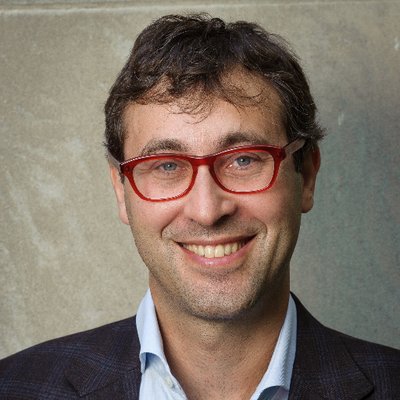
- This event has passed.
Rees Kassen (U Ottawa)

Title: From so simple a beginning: The genetics of adaptation and diversification in microbial populations.
Host: Greg Weiss
Rees Kassen is Full Professor of Evolutionary Biology and Cystic Fibrosis Canada Researcher at the University of Ottawa. He is internationally recognized for his work with microbes as models for studying the evolution of biodiversity, antibiotic resistance, and the development of chronic infections in respiratory disease. Rees also plays leading roles at the interface between science, society, and policy, serving currently as Vice-Chair of the Science and Innovation Advisory Council at the Institute on Governance, a board member of the Earth Leadership Program of FutureEarth, and in-coming co-chair the EvolvES Global Research Project, also at FutureEarth. He previously chaired the Partnership Group for Science and Engineering (PAGSE; www.pagse.org), an association of 26 professional and scientific organizations acting on behalf of over 60,000 members from academia, industry and government in Canada, and was a founder and Co-Chair of the Global Young Academy (www.globalyoungacademy.net), an international organization of early-career researchers acting as the voice of young scientists around the world. Rees completed his PhD at McGill University (2001) and went on to an NSERC Postdoctoral Fellowship and Elizabeth Wordsworth Research Fellowship at St Hugh’s College, Oxford, joining the University of Ottawa in 2003 where he is currently Full Professor and Cystic Fibrosis Canada Researcher. He is a member of the Banff Forum (2015) and was a Leopold Leadership Fellow (2013), NSERC Steacie Fellow (2010), and a World Economic Forum Young Scientist (2010-2012).
Abstract: Why and how life became so diverse has been the central problem – one might more accurately say obsession – in biology. It is also the problem that motivates my research. Our work combines experimental evolution with microbes, which allows us to test evolutionary theories on adaptive diversification, with high-throughput whole-genome sequencing to uncover the genes responsible. I will discuss recent work on the emergence and fate of genetic diversity in populations of the opportunistic pathogen, Pseudomonas aeruginosa, evolving in nutrient conditions resembling the cystic fibrosis lung and in SARS-CoV-2, the coronavirus responsible for the global pandemic that prevents me from being present in person. I will also present more fundamental work on the genetics of adaptation, specifically the potential for synonymous mutations- those that do not change the amino acid – to contribute to adaptation.
